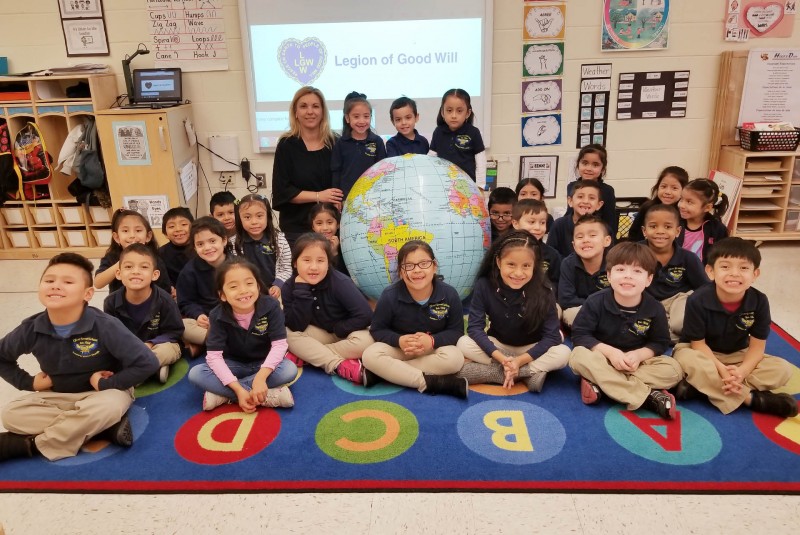
pasecrets.com – In a world that often seems divided by conflict and self-interest, the role of charity and humanitarianism becomes more critical than ever. The future of our global community depends on the values and actions of the next generation. It is within the hearts and minds of children that the seeds of compassion, empathy, and generosity must be sown. “Charity begins with children” is not just a phrase; it is a call to action to educate and inspire the youth to become the humanitarians of tomorrow.
Cultivating Empathy and Understanding
The foundation of humanitarian work is empathy—the ability to understand and share the feelings of others. Educators and parents play a pivotal role in nurturing this essential quality in children. Through storytelling, diverse literature, and exposure to different cultures and experiences, young minds can develop a deep sense of empathy. This understanding is the first step toward a life dedicated to helping others.
Encouraging Active Participation
Education is not just about imparting knowledge; it’s about inspiring action. Schools and communities can provide platforms for children to engage in charitable activities. Whether it’s organizing a food drive, participating in community clean-up projects, or raising funds for disaster relief, these experiences teach children the power of collective action and the impact they can have on the world.
The Role of Formal Education
Schools have a unique opportunity to integrate humanitarian education into their curricula. Subjects such as history, social studies, and literature can highlight the lives and work of humanitarians, past and present. Additionally, schools can partner with local and international charities to provide students with real-world learning experiences that underscore the importance of charity and service.
Leading by Example
Adults must lead by example. Children are keen observers of the world around them and are influenced by the actions of their elders. When parents, teachers, and community leaders demonstrate kindness, generosity, and a commitment to helping others, children are more likely to adopt these values as their own.
Fostering a Culture of Giving
Charity is not just about giving money; it’s about giving time, energy, and love. Encouraging children to share their talents and passions with others can create a culture of giving that extends beyond the act of charity itself. Whether it’s through art, music, sports, or any other interest, children can learn that everyone has something valuable to contribute.
Conclusion
Educating the next generation of humanitarians is a collective responsibility. By instilling charitable values in children, we are not only preparing them for a life of service but also ensuring a more compassionate and generous world. “Charity begins with children” because it is in their innocence, curiosity, and boundless potential that the true spirit of humanitarianism thrives. Let us embrace this challenge and opportunity to shape a brighter future for all.
